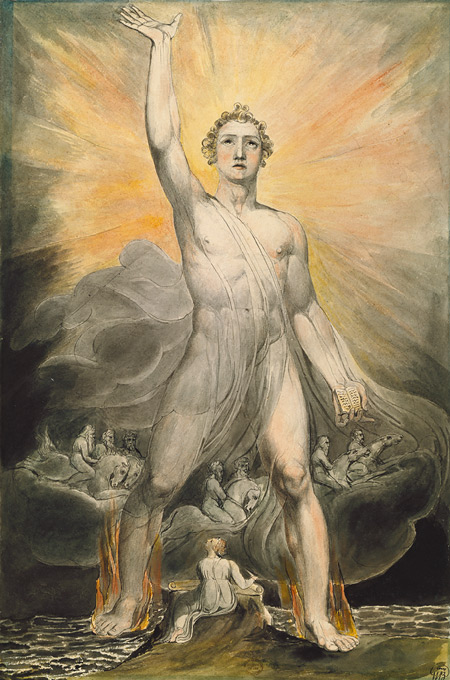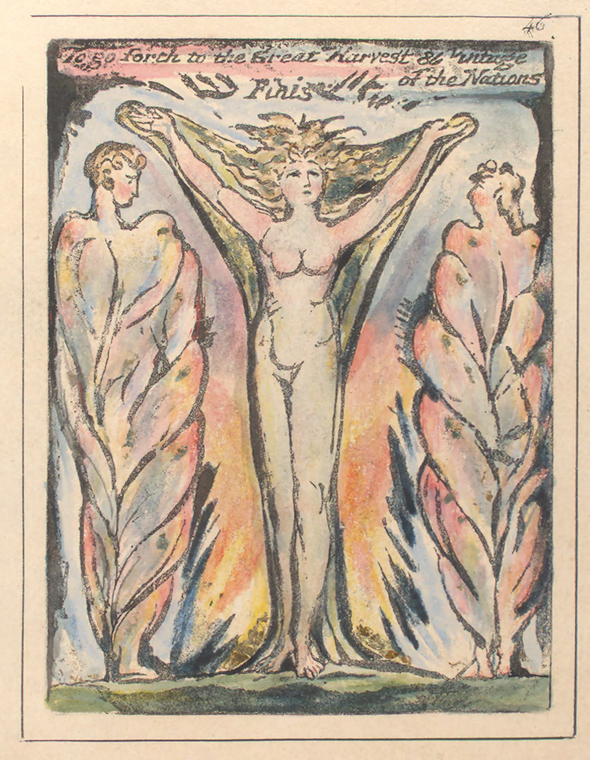 |
Wikipedia Commons Illustrations to Dante's Divine Comedy Simoniac Pope |
Acts 8
[7] For unclean spirits, crying with loud voice, came out of many
that were possessed with them: and many taken with palsies, and that
were lame, were healed.
[8] And there was great joy in that city.
[9]
But there was a certain man, called Simon, which beforetime in the same
city used sorcery, and bewitched the people of Samaria, giving out that
himself was some great one:
[10] To whom they all gave heed, from the least to the greatest, saying, This man is the great power of God.
[11] And to him they had regard, because that of long time he had bewitched them with sorceries.
[12]
But when they believed Philip preaching the things concerning the
kingdom of God, and the name of Jesus Christ, they were baptized, both
men and women.
[13] Then Simon himself believed also: and when
he was baptized, he continued with Philip, and wondered, beholding the
miracles and signs which were done.
[14] Now when the apostles
which were at Jerusalem heard that Samaria had received the word of
God, they sent unto them Peter and John:
[15] Who, when they were come down, prayed for them, that they might receive the Holy Ghost:
[16] (For as yet he was fallen upon none of them: only they were baptized in the name of the Lord Jesus.)
[17] Then laid they their hands on them, and they received the Holy Ghost.
[18] And when Simon saw that through laying on of the apostles' hands the Holy Ghost was given, he offered them money,
[19] Saying, Give me also this power, that on whomsoever I lay hands, he may receive the Holy Ghost.
[20]
But Peter said unto him, Thy money perish with thee, because thou hast
thought that the gift of God may be purchased with money.
[21] Thou hast neither part nor lot in this matter: for thy heart is not right in the sight of God.
[22] Repent therefore of this thy wickedness, and pray God, if perhaps the thought of thine heart may be forgiven thee.
[23] For I perceive that thou art in the gall of bitterness, and in the bond of iniquity.
[24] Then answered Simon, and said, Pray ye to the Lord for me, that none of these things which ye have spoken come upon me.
[25]
And they, when they had testified and preached the word of the Lord,
returned to Jerusalem, and preached the gospel in many villages of the
Samaritans.
Dante - Inferno -- Canto XIX -- Simoniacs, Pope Nicholas III
"O Simon Magus! O miserable lot
Wedded to goodness and in your greediness
Adulterate them into gold and silver!
The leg-joints wriggled uncontrollably:
They would have snapped any rope or tether.
Just as a flame on anything that’s oily
Spreads only on the object’s outer surface,
30 So did this fire move from heel to toe.
"Who is that sinner, master, who suffers so,
Writhing more than any of his comrades,"
I asked, "the one the redder flame licks dry?"
From his side till he’d brought me to the hole
"O whatever you are, sorrowful soul,
Planted like a stake with your top downward,"
I started out, "say something, if you can."
I stood there like a friar hearing confession
‘I am not he, I’m not the one you think!’ "
And I replied as I had been instructed.
At this the spirit twisted both feet wildly;
65 Then, sighing deeply, with a voice in tears,
He asked, "What, then, do you demand of me?
"If to know who I am has so compelled you
That you continued down this bank, then know
Once I was vested in the papal mantle,
70 "And truly I was a son of the she-bear,
So avid to advance my cubs that up there
I pocketed the money and here, myself.
But I replied to him in the same measure,
90 "Well, then, tell me: how costly was the treasure
"That our Lord demanded of Saint Peter
Before he gave the keys into his keeping?
Surely he said only ‘Follow me.’
"Nor did Peter or the rest take gold
So contented was his look while he kept listening
To the sound of these true-spoken words.
At that he took me within both his arms
125 And, when he held me wholly to his breast,
Climbed up the path that he had once come down.
Nor did he weary of clasping me to himself,
But carried me to the crest of the arch
That crosses from the fourth to the fifth causeway.
130 Here he gently set down his heavy load,"
Blake saw that money should not be a factor in deciding the value of spiritual things. He did not allow his need for money determine how he spent his time or his resources which were used to produce his art. Because his Art was the expression of his Imagination which epitomized his Identity as a Spiritual Being, he freely used his time and energy to produce it. The effort which went into composing, engraving, and coloring the color copy of Jerusalem was a labor of his love for truth, beauty and the Divine Humanity.
Laocoon, (E 275)
"The True Christian Charity not dependent on Money (the lifes
blood of Poor Families) that is on Caesar or Empire or
Natural Religion
For every Pleasure Money Is Useless
Money, which is The Great Satan or Reason the Root of Good & Evil
In The Accusation of Sin"
Milton, Plate 13 [14], (E 107)"The Bard replied. I am Inspired! I know it is Truth! for I Sing
Plate 14 [15]
According to the inspiration of the Poetic Genius
Who is the eternal all-protecting Divine Humanity
To whom be Glory & Power & Dominion Evermore AmenInscriptions, Illustrations to Dante, (E 690)
"It seems as if Dantes supreme Good was something Superior to
the Father or Jesus for if he gives his rain to
the Evil & the Good & his Sun to the just & the Unjust He could
never have Builded Dantes Hell nor the Hell of the Bible neither
in the way our Parsons explain it It must have been originally
Formed by the Devil Himself & So I understand it to have been
Whatever Book is for Vengeance for Sin & whatever Book is
Against the Forgiveness of Sins is not of the Father but of Satan
the Accuser & Father of Hell"




